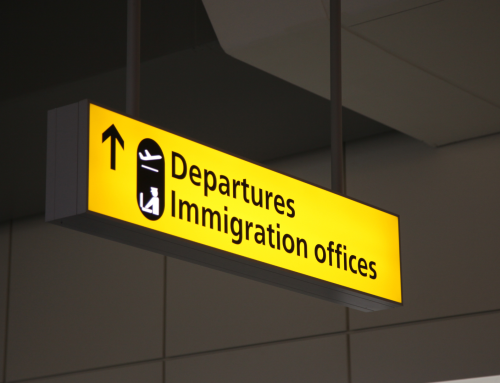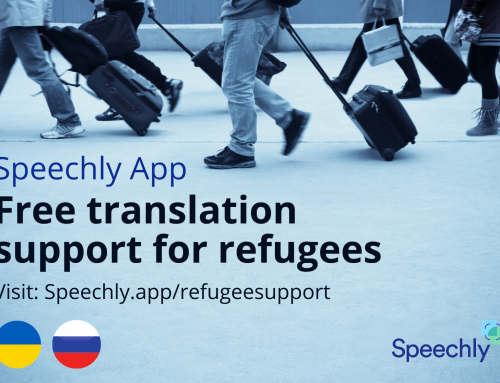The UK’s border force is currently facing unprecedented challenges when it comes to interpretation. According to a 2019 parliamentary report, the border agency is experiencing high rates of cancellation by interpreters, shortages of people able to speak common languages and recruitment problems. These challenges are compounded by the fact that demand for interpreters increased by 12% on the previous year – costing around £7.5 million in total.
With demand for skilled border force interpreters high and expected to rise further, the border authorities could benefit from reviewing how they offer interpretation.
What services do border force interpreters offer?
Border force interpreters provide a variety of invaluable services. Primarily working in person at airports and seaports (as well as over the phone) border force interpreters usually operate on a freelance basis. They are called upon to offer simultaneous interpretation between English and many other languages. Common tasks include:
- Supporting interviews: If border staff need to interview a traveller who speaks no English, interpreters are called upon to help ask questions.
- Asylum claims: If an individual arrives at a UK port and requests asylum, an interpreter can help them explain their situation and inform them of the next steps in the process.
- Support with bag searches: Border force staff sometimes have to perform searches of travellers’ belongings. Interpreters can help ask questions about items or request permission to open bags, for instance.
- Giving evidence in court: Border forced interpreters may sometimes be requested to give evidence in court.
- Working with at-risk groups: Interpreters might be called upon to translate between customs staff and travellers from at-risk groups – such as victims of human trafficking.
- Translation: Interpreters may occasionally be asked to translate written documents.
Border force interpreters are legally bound to behave neutrally, cannot offer opinions or make personal observations, and must avoid participating in general conversations with travellers. They are required to follow a strict code of conduct.
In the UK, border force interpreters must belong to the National Register of Public Services Interpreters or hold recognised qualifications. Border force interpreters are usually freelance (although they might work through an agency) and they charge according to government-set rates. These start at £48 pounds for the first hour Monday to Friday and more on weekends and Bank Holidays.
Challenges with using border force interpreters
Border force interpreters provide an invaluable service to immigration authorities in the UK. However, as noted above, there is a real shortage of interpreters, and many languages are underserved. At the same time, there has been a rise in spending on freelance interpreters across the UK border enforcement and asylum agencies.
The UK border force experiences a number of challenges caused by overreliance on interpreters:
- Cost: As noted above, the rising demand for interpreters is leading to growing expenditure on their services.
- Unsocial hours: UK borders are open 24 hours a day, seven days per week – and this means that border staff need to be able to access the services of interpreters at any time. However, it can often be very challenging to find an interpreter when the border force needs them. This means that some travellers who speak no English may be forced to wait for hours in interview rooms before an interpreter can be found.
- Geography: At certain air and seaports (such as Dover, Heathrow or Gatwick) there is usually reasonably good access to in-person interpreters for almost all languages nearby. However, in other parts of the country with international air and seaports, smaller populations mean there is a lower number of interpreters available in many languages. Border forces at these locations must rely on telephone interpretation or, in the worst-case scenario, using their phones to translate written text.
How technology is helping border force interpretation
Speechly is a mobile and desktop-based application that has already been trialled at the UK’s borders to support border force staff. The app supports two-way conversations in 44 global languages and effectively works like a human interpreter.
When a customs officer speaks into the app in English, the audio is instantaneously translated into a second language. It then produces an audio file in that language which the traveller can listen to. They can then respond in their own tongue and Speechly translates it back into English. All Speechly conversations are recorded, and a transcription is produced for later reference.
Speechly can support the UK border force to respond to the rising demand for interpreters by:
- Slashing the costs of interpreting – you only pay for what you use with Speechly
- Being available 24/7 – Speechly can always translate, any time of day and at weekends
- Working anywhere with an internet connection – all you need is Wi-Fi or 4G to communicate anywhere in the country
To see how Speechly can fit into your language provision strategy, contact us today.




